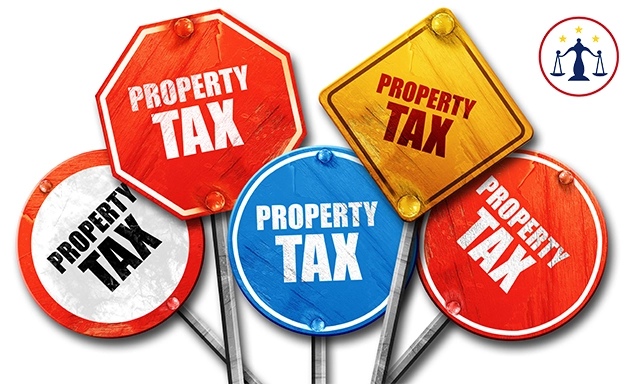In the heart of every Filipino’s dream of building a home or investing in property lies a crucial aspect often overlooked until the last minute – property tax in the Philippines. As a vital component of property ownership in the Philippines, understanding and efficiently managing property tax in the Philippines can save homeowners and investors from unexpected financial burdens. At JCA Law Office Professional Corporation, we believe in empowering our kababayans with knowledge and insights to make informed decisions. Here’s a comprehensive guide to navigating property tax in the Philippines.
Understanding Property Tax in the Philippines
Property tax, or “Amilyar” as it is colloquially known, is a local tax imposed on the ownership of real property, including land, buildings, improvements, and machinery in the Philippines. Governed by the Local Government Code of 1991, this tax is a primary source of revenue for local government units (LGUs), supporting public services and community development projects.
How is Property Tax Calculated?
The amount of property tax you owe is determined by your property’s assessed value and the applicable tax rate set by your local government. The assessed value is a percentage of the market value, which varies depending on the property type. For instance, residential properties are typically assessed at a lower rate than commercial properties. The standard tax rate for cities and municipalities within Metro Manila is 2%, while it’s 1% for those outside the metropolitan area.
The Importance of Timely Payments
Timeliness in paying your property tax in the Philippines cannot be overstressed. Settling your dues before the deadline not only keeps you in good standing but also qualifies you for discounts in some LGUs. Conversely, late payments incur penalties, interests, and surcharges, adding to the financial strain. Remember, the local government has the authority to auction off properties with delinquent taxes, a situation every property owner wants to avoid.
Tips for Efficient Property Tax Management
Stay Informed: Keep abreast of the payment schedules and any changes in tax rates or policies in your locality. Ignorance is not bliss when it comes to tax obligations.
Avail of Discounts: Many LGUs offer early payment incentives. Take advantage of these discounts to save money.
Regularly Check Property Assessments: Ensure your property’s assessed value reflects its current state. If there have been significant changes, consider filing for a reassessment to prevent overpaying.
Consult Professionals: Navigating property tax laws and regulations can be complex. Seeking advice from legal and tax professionals can provide clarity and prevent costly mistakes.
JCA Law Office Professional Corporation: Your Partner in Property Tax Management
At JCA Law Office Professional Corporation, we understand the challenges that come with managing property tax in the Philippines. Our team of experts is committed to providing you with personalized advice and solutions to ensure your property tax affairs are in order. Whether you’re a first-time homeowner, a seasoned investor, or somewhere in between, we’re here to guide you every step of the way.
Embrace the Filipino dream of property ownership with confidence and peace of mind. Let us help you navigate the complexities of property tax in the Philippines, so you can focus on what truly matters – building a secure and prosperous future for you and your loved ones.
For more information on how we can assist you with your property tax and other legal needs, message us today. Together, let’s make informed decisions for a brighter tomorrow.


What services does the government provide for people who pay property tax?